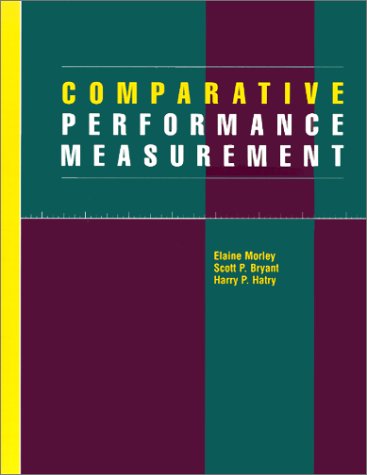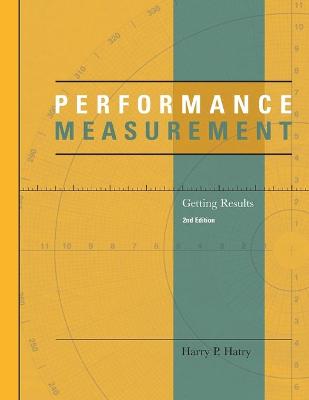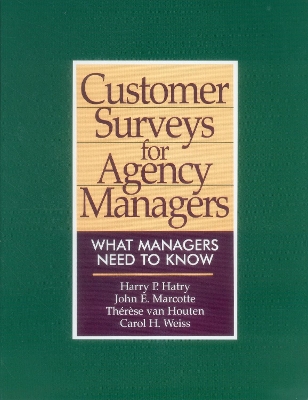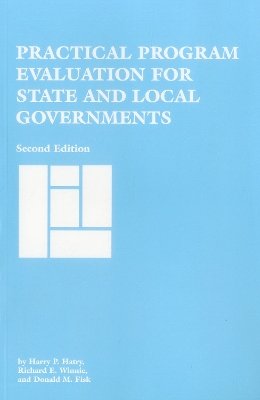Urban Institute Press
4 total works
Comparative Performance Measurement
by Elaine Morley, Scott Bryant, and Harry P Hatry
Published 1 March 2001
Comparative Performance Measurement is a step-by-step guide to using comparative performance measurement (CPM) to improve management, operations, budgeting, and policymaking of an agency or function, and to communicate an agency's successes and remaining challenges.
Long before reinventing government came into vogue, the Urban Institute pioneered methods for government and human services agencies to measure the performance of their programs. This comprehensive guidebook synthesizes more than two decades of Harry Hatry's groundbreaking work. It covers every component of the performance measurement process, from identifying the program's mission, objectives, customers, and trackable outcomes to finding the best indicators for each outcome, the sources of data, and how to collect them. Hatry explains how to select indicator breakouts and benchmarks for comparison to actual values, and describes numerous uses for performance information. Since the publication of the first edition in 1999, the use of performance measurement has exploded at all levels of U.S. government, in nonprofit agencies, and around the world. The new edition has been revised and expanded to address recent developments in the field, including the increased availability of computer technology in collecting and presenting information, the movement to use outcome data to improve services, and the quality control issues that have emerged as data collection has increased. It is an indispensable handbook for newcomers and an important resource for experienced managers looking to improve their use of outcome data.
Customer Surveys for Agency Managers
by Harry P Hatry, John E. Marcotte, and Therese Van Houten
Published 1 February 1998
This practical volume provides a wealth of nontechnical information and advice on planning and conducting customer surveys. It's a must for all agency managers, public or private, seeking to make their customer surveys more useful to their agencies and to make their agencies more responsive to customers. Topics include the types of information that should and should not be sought from surveys; categories of respondents; options for administering surveys and the advantages and disadvantages of each; conducting surveys in-house versus contracting; steps in the survey process; sampling strategy; sources of survey error and suggested remedies; and tradeoffs among timeliness, accuracy, and cost.
Practical Program Evaluation for State and Local Governments
by Harry P Hatry, Richard E. Winnie, and M. Fisk, Donald
Published 1 March 1981



